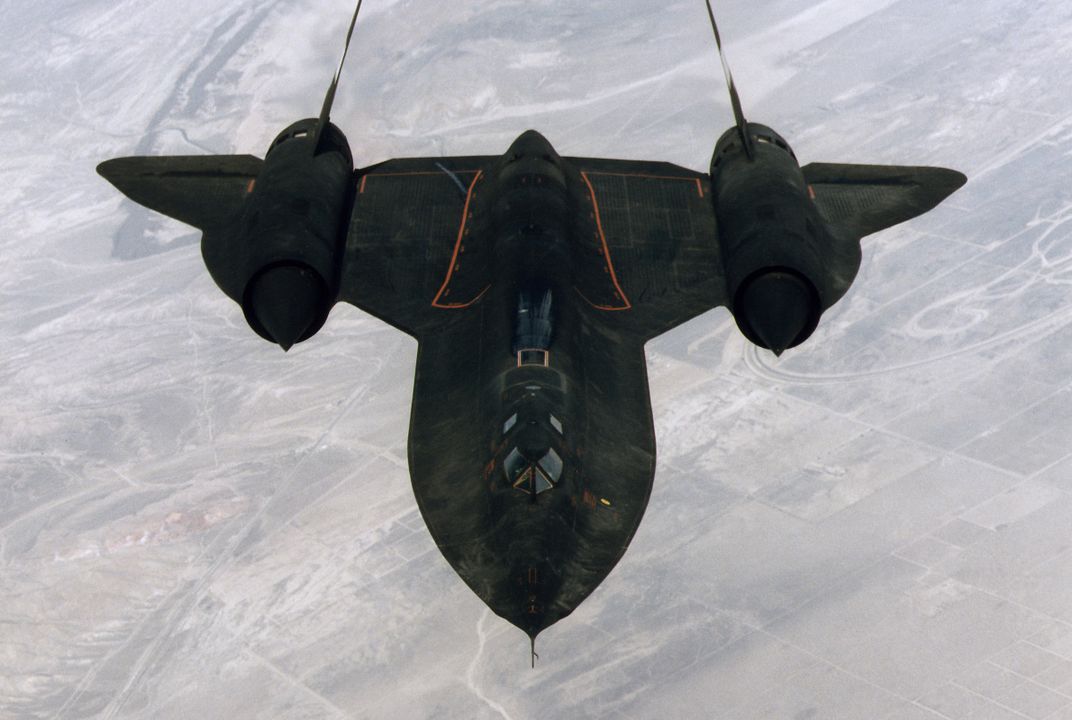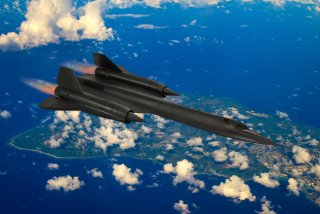Russia's Fast MiG-25 Stood No Chance Against the SR-71 Blackbird
As the years wore on, only one foreign fighter ever managed to actually secure a lock on Lockheed’s SR-71.
“I saw two rows of windows and knew that this was a Boeing. I knew this was a civilian plane. But for me, this meant nothing. It is easy to turn a civilian type of plane into one for military use,” Soviet pilot Col. Gennadi Osipovitch later told the New York Times. “I did not tell the ground that it was a Boeing-type plane; they did not ask me.”
Osipovitch then took position behind the wayward 747 and fired two K-8 infrared-guided air-to-air missiles, destroying the aircraft and killing all 269 passengers onboard. Seeing as Soviet leadership at the time blamed the shootdown on provocations masterminded by the United States, it seems unlikely that another Soviet fighter pilot with a solid lock on an SR-71 just outside of Soviet airspace would suddenly develop a thorough understanding of international law.
Related: The Soviets crashed into the moon while Apollo 11 was on it
THE ONLY FOREIGN FIGHTER EVER TO LOCK ONTO THE SR-71 WAS SWEDISH
As the years wore on, only one foreign fighter ever managed to actually secure a lock on Lockheed’s SR-71 — a specially trained group of Swedish Air Force JA-37 Viggen pilots, who deserve a great deal of credit for their exceptional operational planning and technical skill that allowed the comparatively slower and lower-flying Viggens to earn this distinction.

However, one could argue that these intercepts were only possible because the U.S. Air Force did not perceive Sweden as a threat, and as such, did little mission planning to prevent them. In other words, one could argue that Sweden’s Viggens successfully managed to intercept Blackbirds that weren’t necessarily actually trying to evade them. In fact, in one incident that remained classified until just a few years ago, Viggens sent to intercept an SR-71 quickly transitioned to escorting it when they realized one of its engines had exploded. As the Blackbird quickly lost both speed and altitude, two sets of Viggens rotated in and out to protect it from Soviet interceptors until it could reach friendly airspace.
Those Viggen pilots were eventually awarded U.S. Air Force Air Medals for their impromptu defense of the American jet, which serves as a valuable reminder that even the competitive spirit that motivates so many in the military aviation community can’t overcome the professionalism and mutual respect shared among the world’s top aviators.
Alex Hollings is a writer, dad, and Marine veteran.
This article was first published by Sandboxx News.
Main Image: Shutterstock.
Intext images are Creative Commons.


